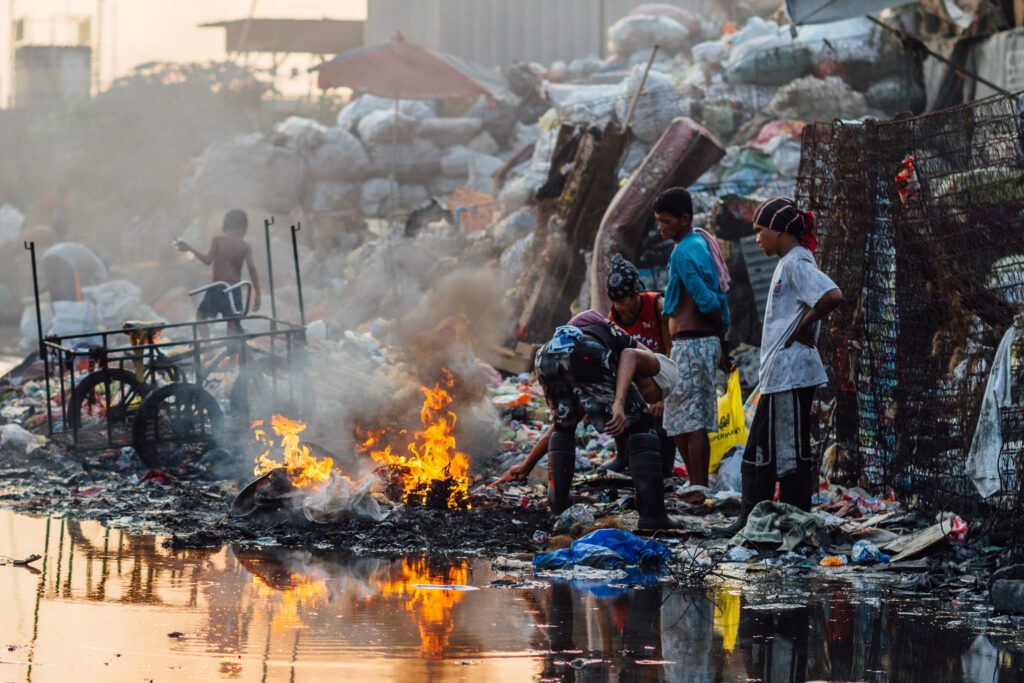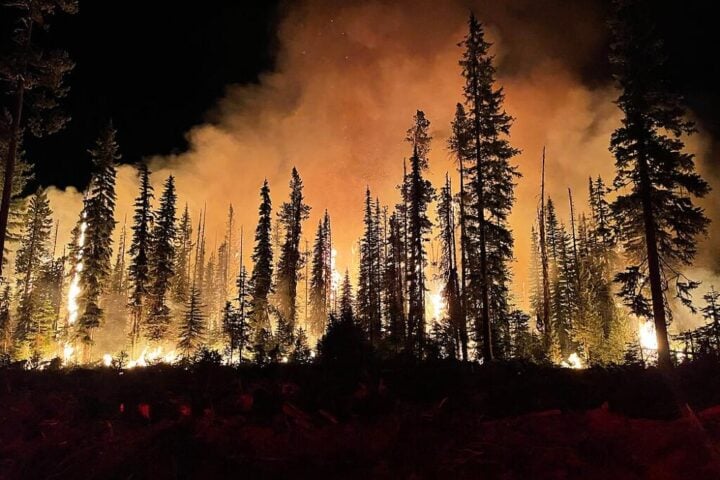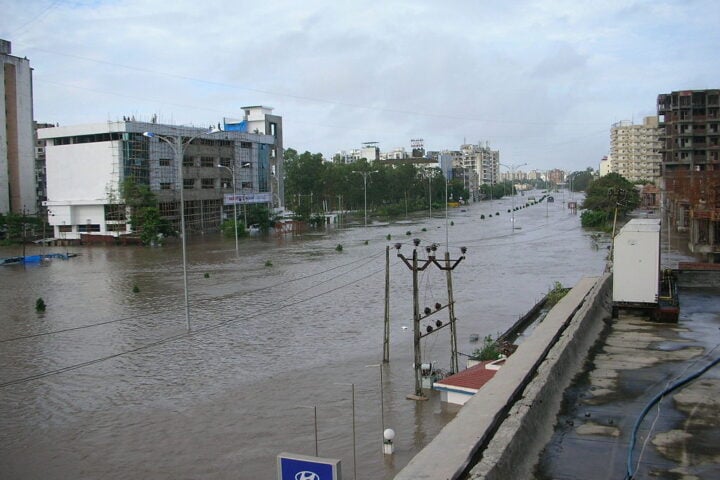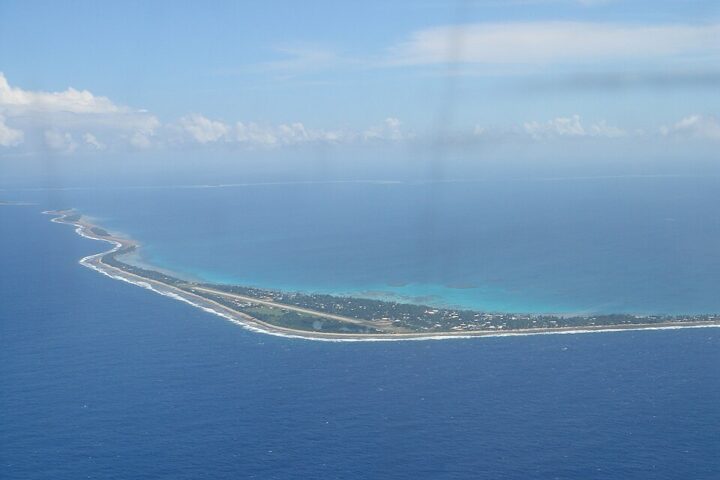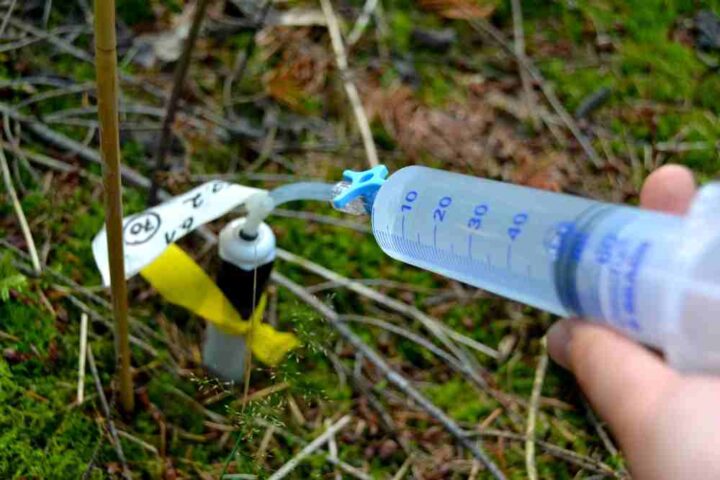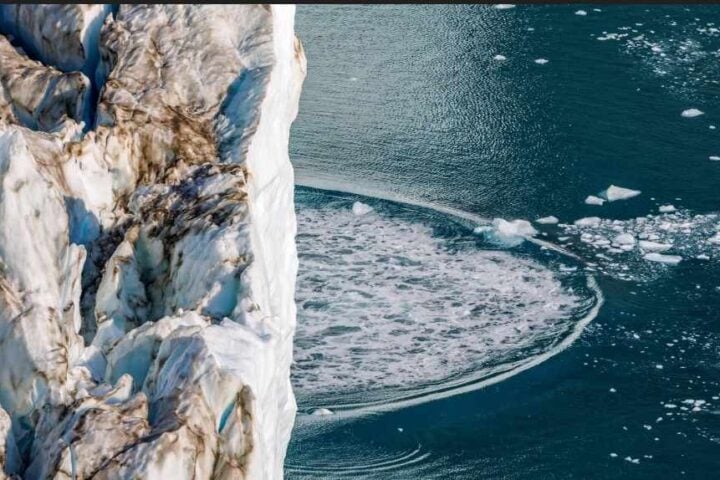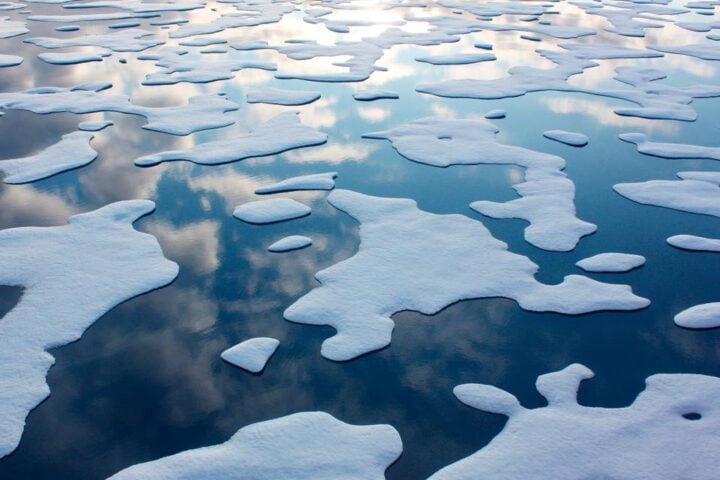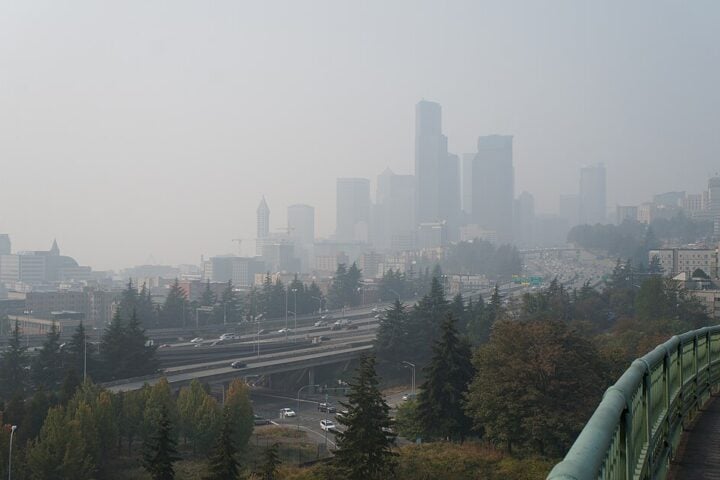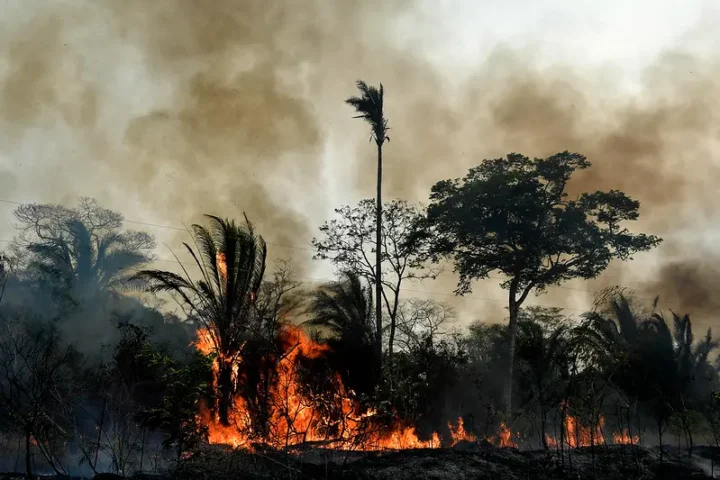In a world grappling with climate change, dwindling resources, and increasing pollution, a beacon of hope emerges from an unexpected source: wastewater. Recent reports from the United Nations Environment Programme (UNEP) and GRID-Arendal have unveiled the vast potential of wastewater as a solution to some of our most pressing environmental and societal challenges.
Wastewater: Not Just Waste Anymore
Traditionally viewed as a problem, wastewater, which originates from kitchens, bathrooms, industrial and agricultural effluents, and urban run-off, has long been a contributor to the degradation of ecosystems. However, the UNEP report titled “Wastewater: turning the Problem into a solution” presented at the “World Water Week 2023” suggests that this very ‘problem’ might be a goldmine of opportunities.
Leticia Carvalho, principal coordinator of the Marine and Freshwater Branch of UNEP, stated, “Globally, wastewater is full of potential, yet it is currently allowed instead to contaminate the ecosystems we rely on.” She emphasized the need to harness wastewater’s potential as an alternative source of clean water, energy, and essential nutrients.
The Potential of Wastewater
Energy and Water Reservoir
According to UNEP, with the right policies in place, wastewater could provide energy for a staggering 500 million people. How? Wastewater is a rich source of organic matter, making it a carrier of chemical energy. Through anaerobic digestion, the organic components in wastewater can be converted into methane-rich biogas, with residues from the operation turned into new fertilizers.
Moreover, the report suggests that wastewater could supply over 10 times the drinking water currently provided by global desalination capacity. In a world where one in four people lives without access to drinking water services, this revelation could be a game-changer.
Combatting Biodiversity Loss and Climate Change
The report also highlights wastewater pollution as a significant factor in biodiversity loss, posing a severe threat to health and ecosystems, including marine and freshwater ones. Furthermore, wastewater releases potent greenhouse gases like methane and nitrous oxide, accounting for about 1.57% of global emissions, nearly equivalent to the global aviation industry’s impact.
However, with proper management, wastewater can be transformed from a problem into a circular economy opportunity, creating new jobs, reducing water insecurity, and supporting climate change adaptation efforts.
Similar Posts
Challenges and Solutions
Untapped Potential
Despite its potential, only 11% of the total domestic and industrial wastewater produced is currently reused. The potential for reuse is estimated at a whopping 320 billion cubic meters per year, 10 times more than the current global desalination capacity.
The Need for a Paradigm Shift
The authors of the report believe that a shift in perception is crucial. They argue for “inspired critical thinking” to transform the view of wastewater from a contamination problem to a flourishing resource.
Steps Forward
The report outlines three pivotal steps to address the global water crisis:
- Reduce Wastewater Volume: Politicians and decision-makers are urged to work towards decreasing the overall volume of wastewater generation.
- Prevent and Diminish Pollution: Emphasizing the need to prevent and reduce contamination in water bodies.
- Adopt Sustainable Practices: The report advocates for sustainable wastewater management practices to recover and reuse valuable resources.
Peter Harris, director of GRID-Arendal, emphasized the need for effective governance, investment, innovation, data improvement, and a behavioral shift for these actions to succeed.
A Future with Wastewater
The Global Wastewater Initiative (GWWI) serves as a platform bringing together various stakeholders to protect freshwater and marine ecosystems from wastewater pollution. As the world faces increasing challenges, it’s time to look at wastewater not as a problem, but as a solution waiting to be tapped. The future, it seems, might just lie in what we’ve been discarding all along.

